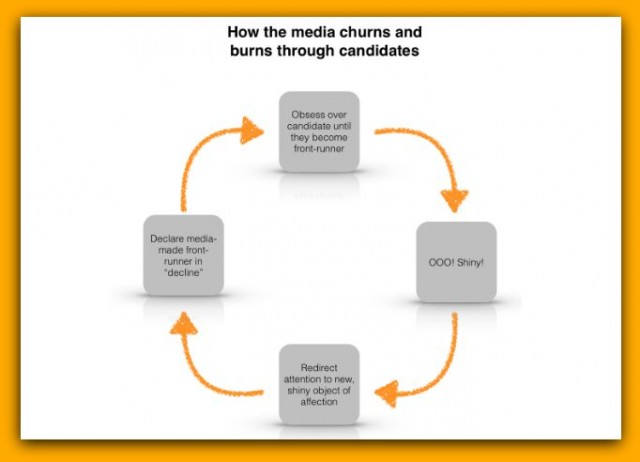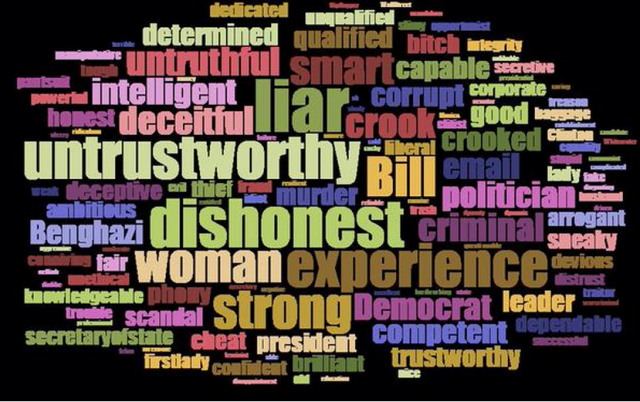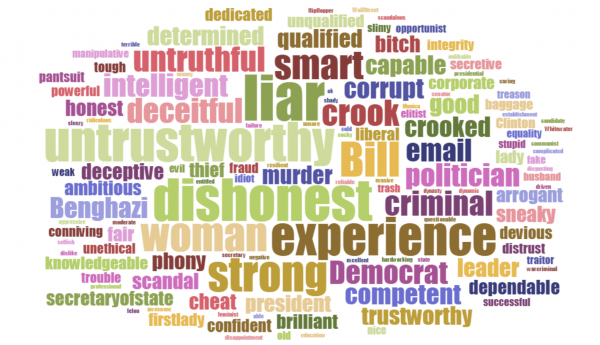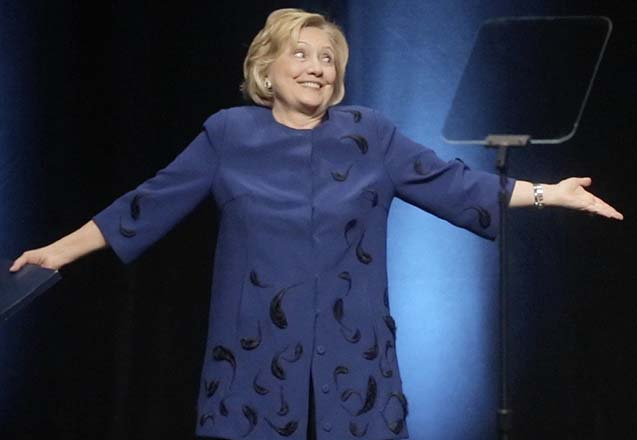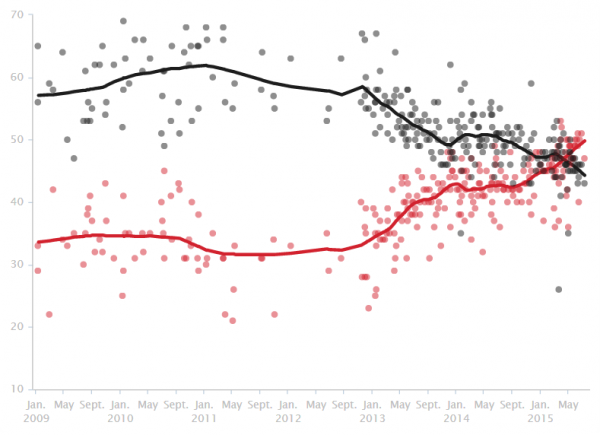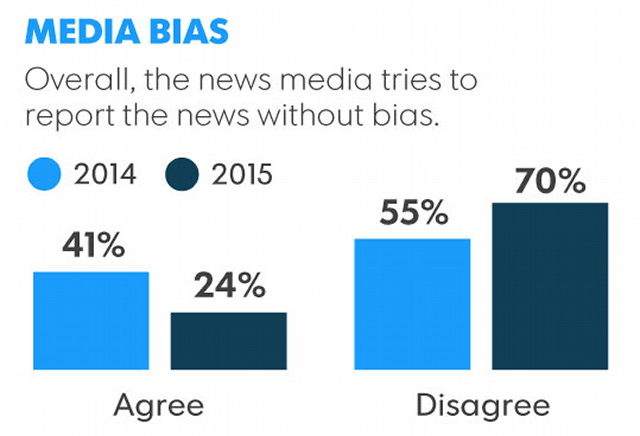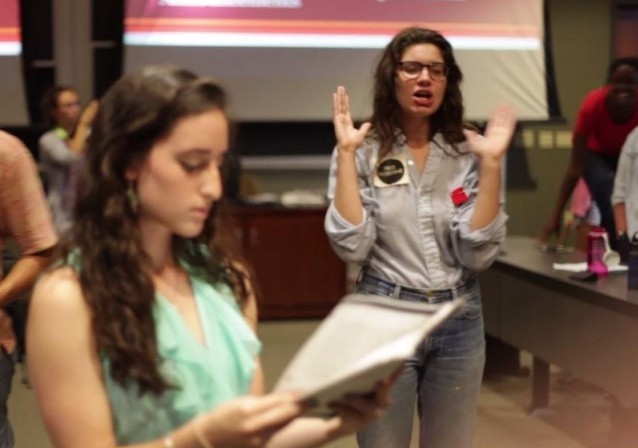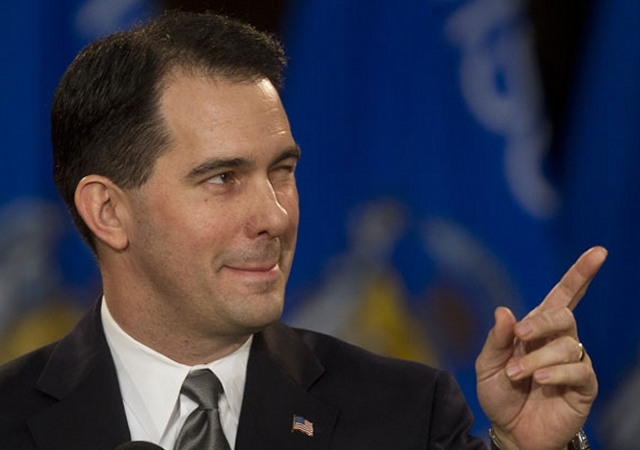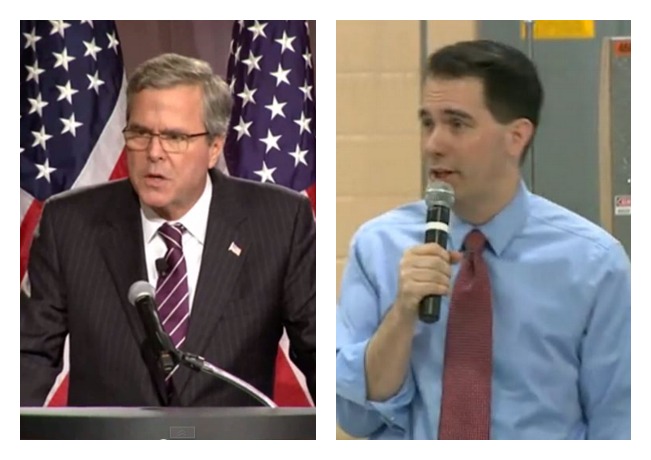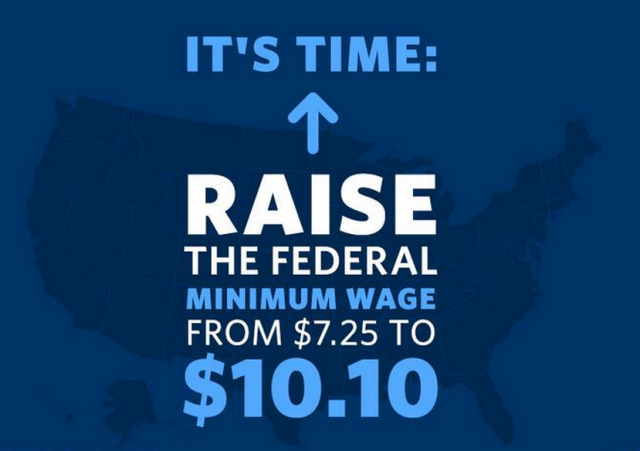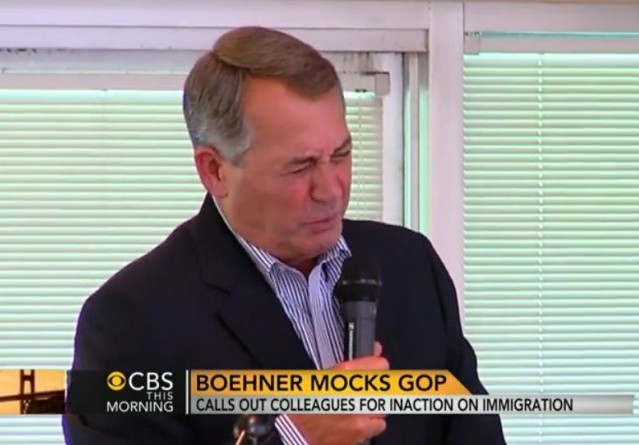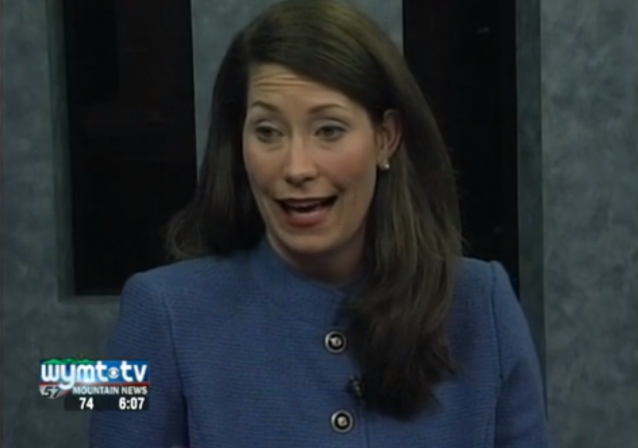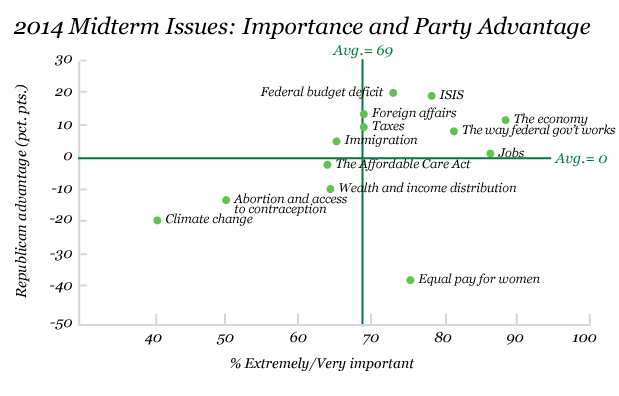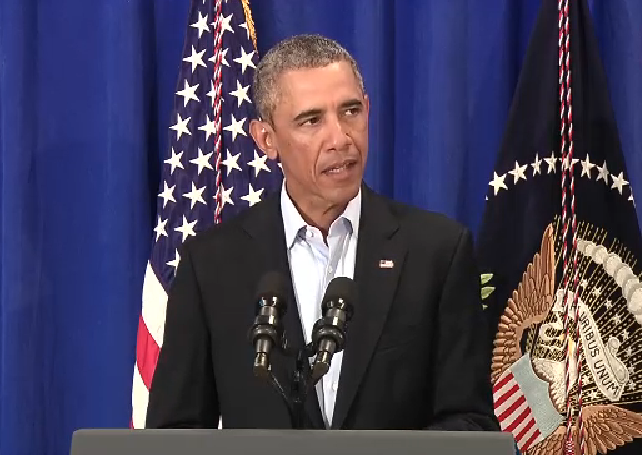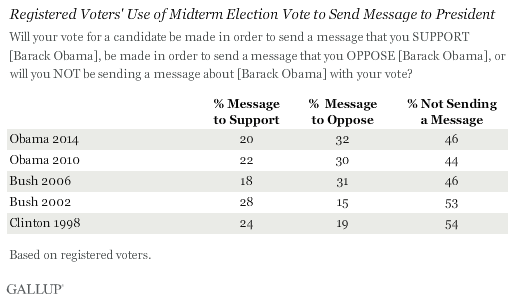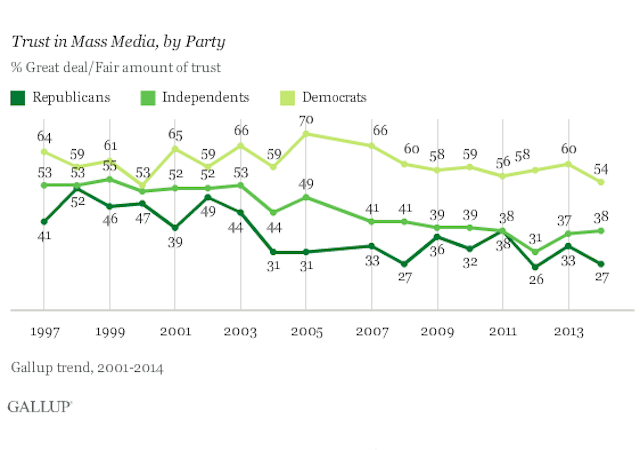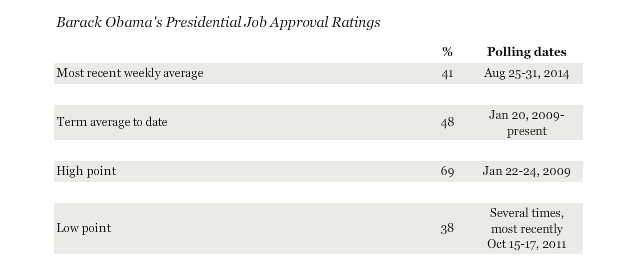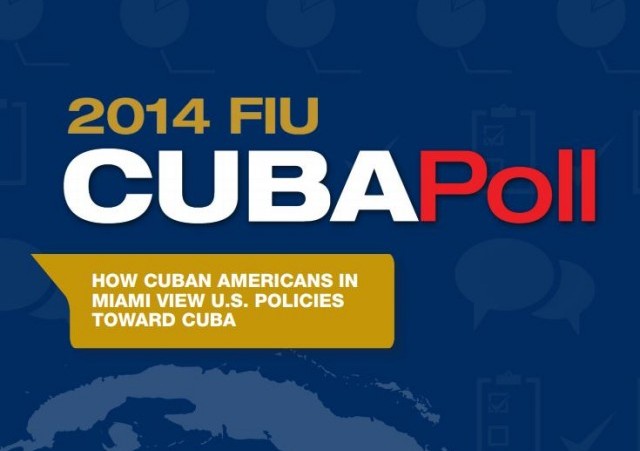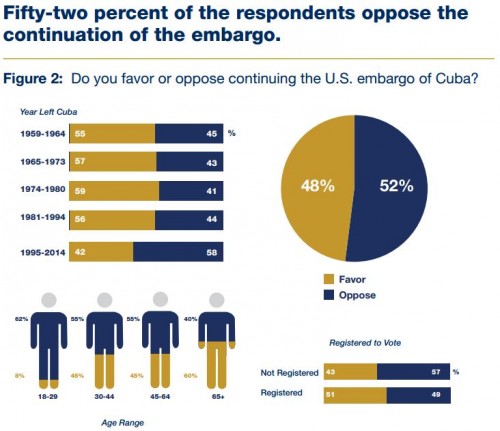The Media’s Cycle of Churning Through Candidates, Trump Edition
on September 18, 2015
17 Comments
For everything that might be wrong with large media outlets, there's no escaping the control they wield over election cycles. They possess the power to crush White House dreams or make them a reality.
Which is part of why headlines like this are hilarious:
 Yesterday, we discussed a report released by the Media Research Center that revealed CNN devoted a whopping 78% of its GOP primary coverage to Donald Trump. The skewed timeshare was reflected in the network's GOP debate held Wednesday, the first 45 minutes of which were questions about their favorite subject -- Donald Trump. The end game? Ratings. And it worked for CNN.
The cycle is relatively simple:
Yesterday, we discussed a report released by the Media Research Center that revealed CNN devoted a whopping 78% of its GOP primary coverage to Donald Trump. The skewed timeshare was reflected in the network's GOP debate held Wednesday, the first 45 minutes of which were questions about their favorite subject -- Donald Trump. The end game? Ratings. And it worked for CNN.
The cycle is relatively simple:
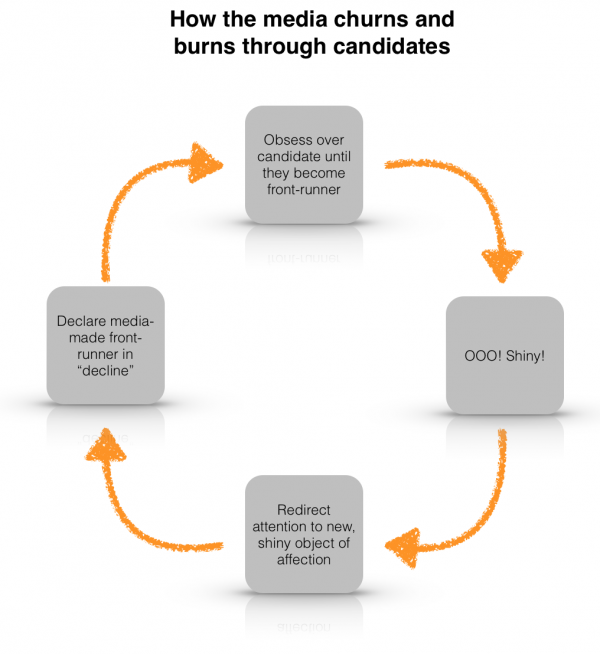
 Yesterday, we discussed a report released by the Media Research Center that revealed CNN devoted a whopping 78% of its GOP primary coverage to Donald Trump. The skewed timeshare was reflected in the network's GOP debate held Wednesday, the first 45 minutes of which were questions about their favorite subject -- Donald Trump. The end game? Ratings. And it worked for CNN.
The cycle is relatively simple:
Yesterday, we discussed a report released by the Media Research Center that revealed CNN devoted a whopping 78% of its GOP primary coverage to Donald Trump. The skewed timeshare was reflected in the network's GOP debate held Wednesday, the first 45 minutes of which were questions about their favorite subject -- Donald Trump. The end game? Ratings. And it worked for CNN.
The cycle is relatively simple:


